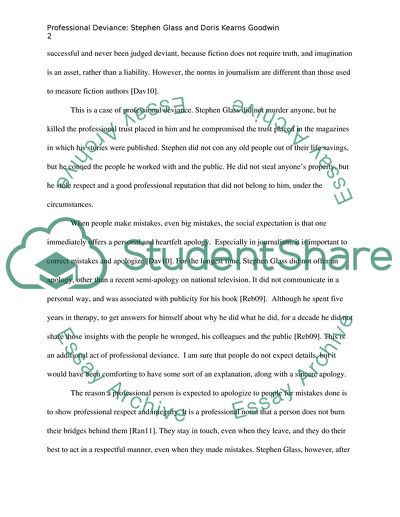Cite this document
(“Deviant Behavior Research Paper Example | Topics and Well Written Essays - 1500 words”, n.d.)
Deviant Behavior Research Paper Example | Topics and Well Written Essays - 1500 words. Retrieved from https://studentshare.org/miscellaneous/1593748-deviant-behavior
Deviant Behavior Research Paper Example | Topics and Well Written Essays - 1500 words. Retrieved from https://studentshare.org/miscellaneous/1593748-deviant-behavior
(Deviant Behavior Research Paper Example | Topics and Well Written Essays - 1500 Words)
Deviant Behavior Research Paper Example | Topics and Well Written Essays - 1500 Words. https://studentshare.org/miscellaneous/1593748-deviant-behavior.
Deviant Behavior Research Paper Example | Topics and Well Written Essays - 1500 Words. https://studentshare.org/miscellaneous/1593748-deviant-behavior.
“Deviant Behavior Research Paper Example | Topics and Well Written Essays - 1500 Words”, n.d. https://studentshare.org/miscellaneous/1593748-deviant-behavior.


